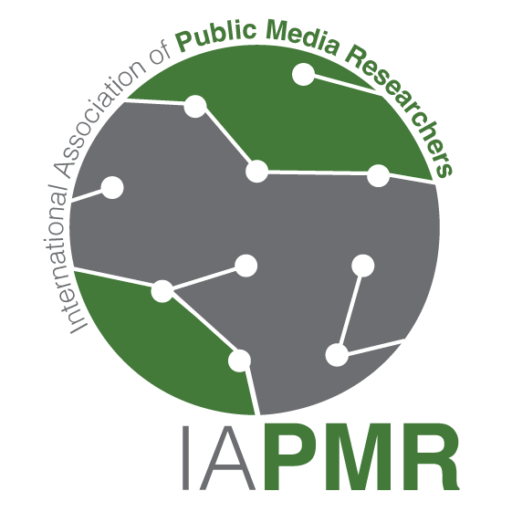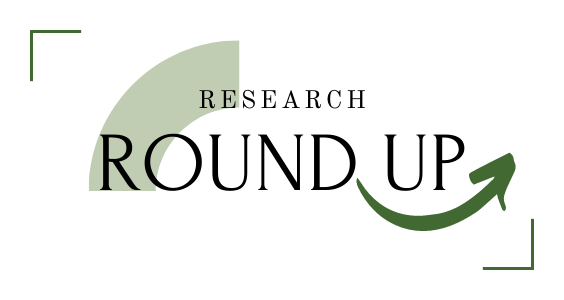In a general context where trust is a valuable asset that is increasingly easy to lose, scholars and practitioners are becoming more interested in one of the key concepts of media studies: media trust. How can a media outlet become trustworthy for its audience? Which factors can lead both to its reinforcement and to its erosion? Does it really matter that citizens trust the media for them to be informed? In this issue of the IAPMR we selected a report and two papes that delve into the unresolved relationship between trust and the media.
Minna Horowitz and Alessandro D’Arma | European Broadcasting Union, 2023
Public Service Media: Bridging Values and Trust.
Public Service Media organisations are proving more resilient to the general decline in trust in media, according to recent, wide-reaching reports by the European Broadcasting Union (2022) and the Reuters Institute for the Study of Journalisms’ Digital News Report (2022). However, the levels of trustworthiness of PSM cannot be taken for granted, as increased pressure on their independence is leading to significant drops in their levels of trust. In this report, Minna Horowitz and Alessandro D’Arma (Vice President and President of the IAPMR) develop a conceptual framework that can help PSM organisations build trust by upholding their core values (universality, independence, excellence, diversity, accountability and innovation), a task that is not without challenges, but that can contribute to a wider impact on the levels of trust in journalism.
Read the full report here (public report, but requires login).
Peter Jakobsson and Fredrik Stiernstedt | Journalism Studies, 2023
Trust and the Media: Arguments for the (Irr)elevance of a concept.
Media trust is a widespread topic that has been the object of extensive research, but why does media trust matter? Peter Jakobsson and Fredrik Stirnstedt argue that the importance of news media trust is usually taken for granted and challenge the assumption that falling levels of mistrust is a problem: “cannot audiences be trusted to mistrust?”. The authors conduct a literature review on media trust and identify three main, comprehensive arguments: 1) media trust is important for media organizations and for the media as an industry, 2) media trust is crucial to enable democratic citizenship and foster political engagement of informed individuals, and 3) media trust matters because it is linked to “ontological security”. Jakobsson and Stiernstedt call on more empirical evidence, both quantitative and qualitative, to support the normative arguments in favor of the relevance of media trust in democratic culture.
Read the full paper here.
Constanza Gajardo and Irene Costera Meijer | Journalism Studies, 2022
How Loyalty Works: Why do people continue their relationship with Journalism?
Loyalty has emerged as an issue that is often linked to media trust, mostly through the consideration of trust as an antecedent of loyalty. However, according to Constanza Gajardo and Irene Coster Meijer, this connection has been studied mostly from a production-orientated perspective. The authors thus move the spotlight here to the audience perspective and apply semi-structured in-depth interviews with regular news uses to better understand how loyalty with journalism works from the point of view of the users. The analysis of the results allowed the authors to identify four types of relationship dynamics between media users and journalism: good friends (close and intimate relationship with journalism), party friends (circumstantial linkage, but with potential to develop into good friendships), family members (familiarity and tradition), and classmates (utilitarian and habitual use of journalism). It is concluded that while loyalty involves trust, trust does not necessarily involve loyalty.
Read the full paper here.
Bonus
The Trusted News Initiative is an international partnership founded by the BBC. It brings together news media (EBU, Financial Times, The Washington Post…) and tech companies (Meta, Twitter, Google/YouTube, Microsoft…) with the aim to promote the provision of trustworthy news and to counter the spread of disinformation and misinformation. The project’s website offers a wide array of resources and discussion on how to take on disinformation in real time.

